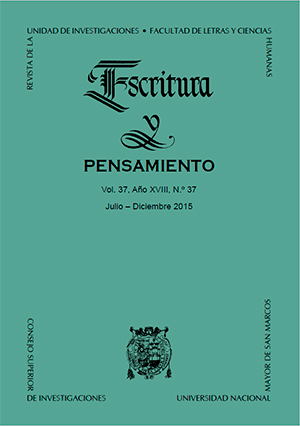SOCRATES: PHILOSOPHY AS A WAY OF LIFE AND LEARN TO DIE
DOI:
https://doi.org/10.15381/escrypensam.v18i37.13686Keywords:
Socrates, philosophy, life, death, discourse.Abstract
Socrates (469-399 B. C.), first philosopher of Athenian birth and socially plebeian origin, inaugurates a new wisdom in which the teacher teaches nothing and what he “teaches” he does through dialogues and ridiculing his occasional fellow members; demonstrating that daily life offers the possibility of philosophizing, loving the simplicity of living and the corresponding verbal expression. Socrates philosophized walking with friends, eating with them, going to war, fulfilling his political duties and finally drinking hemlock, assuming all the consequences of his particular way of life.
Socrates in doing so and not teaching from the top of his chair, reminded his fellow citizens that philosophy is a way of life and not a speech or speculation about the nature and existence. The dying Socrates –as presented in Plato’s Phaedo–, stripping off its masks, and once removed, shows up the very death that affects every mortal irreversibly–, demonstrated that philosophizing is learning to die; becoming the new ideal never seen before anywhere, of the noble Greek youth.
Downloads
Published
Issue
Section
License
AUTHORS RETAIN THEIR RIGHTS:
a. The authors retain their trademark and patent rights, and also over any process or procedure described in the article.
b. The authors retain the right to share, copy, distribute, execute and publicly communicate the article published in the Escritura y Pensamiento (for example, place it in an institutional repository or publish as part a book), with acknowledgment of its initial publication by Escritura y Pensamiento.
c. Authors retain the right to make a subsequent publication of their work, to use the article or any part of it (for example: a compilation of their work, lecture notes, thesis, or for a book), provided that they indicate the source of publication (authors of the work, journal, volume, number and date).













